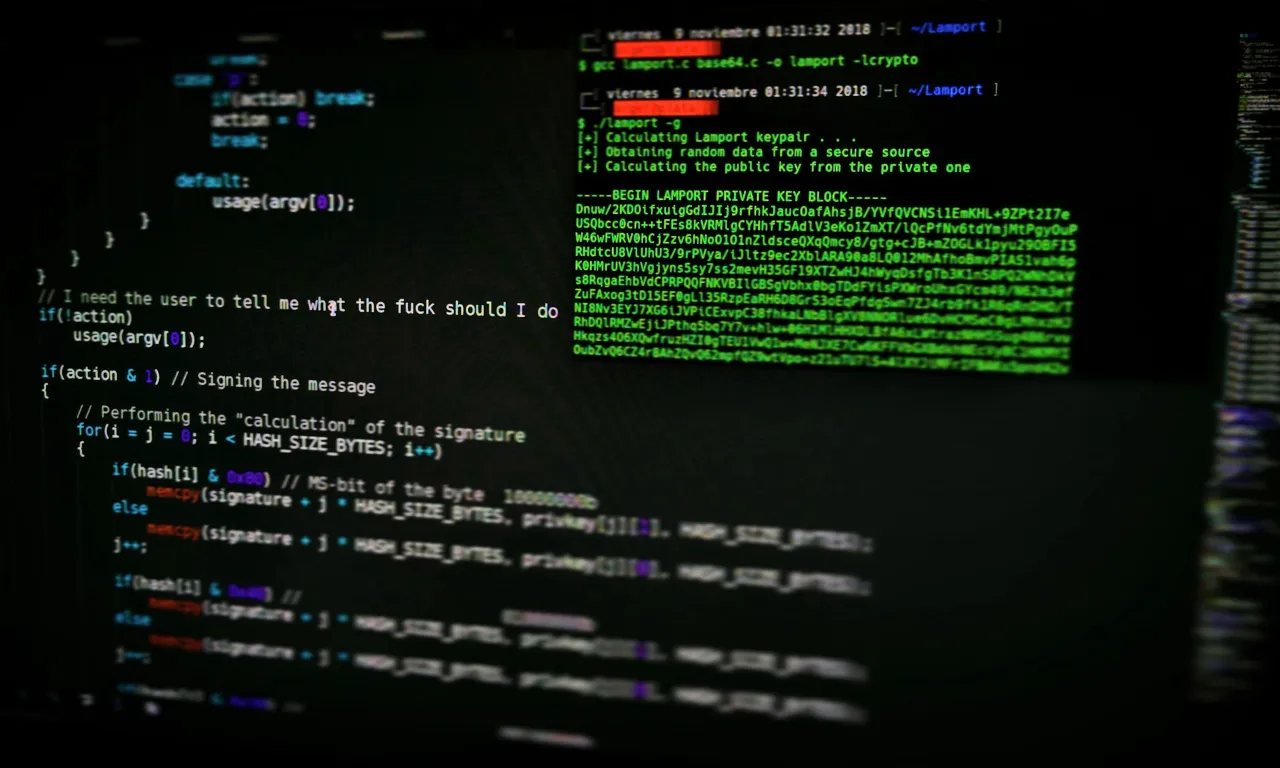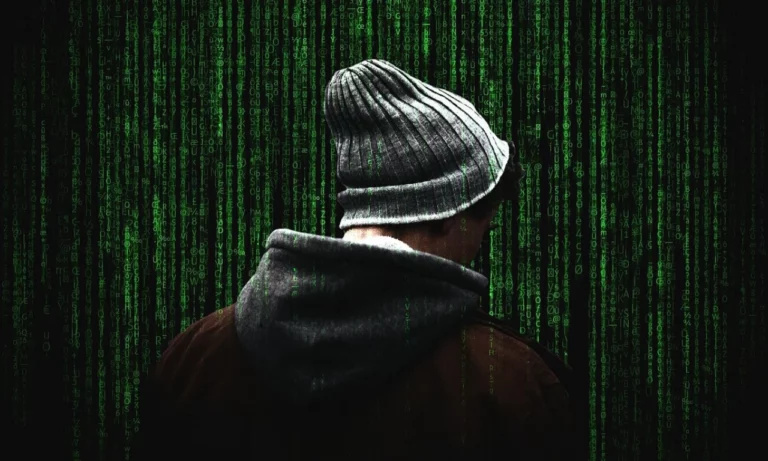While ethical hacking is considered a career of challenges yet highly exciting and rewarding, it’s increasingly becoming the profession of choice for tech lovers around the world. Ethical hacking is not only an interesting profession but also a great opportunity for individuals who are interested in the constantly evolving digital world.
While the protection of data and systems from hacking continues to be a top priority across all walks of professional and personal life, according to Cybersecurity Ventures, cybercrime will cost $10.5 trillion annually by 2025. Ethical hackers are doing their bit to protect borders silently only as cyber sentinels.
It may just be the right field for you only if you are a technology lover, have that thirst for discovery about its various dimensions, and have some sense of right and wrong.
What is Ethical Hacking?
To put it concisely, ethical hacking gives credentials to legally break into computers and devices for testing an organization’s defenses. Essentially, this is the ‘good guy’ style of hacking: rather than exploit security flaws for malicious purposes, a hacker tries to find those flaws before it’s too late and puts efforts into fixing them. Contrary to the ‘black hat’ hacking, which is illegal and by unauthorized access breaks into systems to steal or manipulate data.
How to Start Ethical Hacking?
Entering this space often requires a strong knowledge portal in Computer Science or cybersecurity and hands-on experience in the industry, as well as established certifications like Certified Ethical Hacker (CEH) and Offensive Security Certified Professional (OSCP). This training gives all the needed information and teaches practical skills to ethical hackers securing digital environments.
Why Ethical Hacking is an Interesting Field?

If we go deep, there can be a lot of interesting and solid reasons to become an ethical hacker. But these are a few good factors why ethical hacking is an exciting field:
Preventing Cyber Crimes
Ethical hacking is done with a cause, which is to prevent cybercrimes. With the rise of globalization and interconnectivity also comes the reality of cyber attacks. The digital landscape currently needs ethical hackers to protect the systems and data from cyber threats. They act as a kind of ‘crime prevention unit’ for the cybersecurity sector, rigorously checking security measures and procedures to stop hackers. This includes penetration testing (or “pen testing”), in which they try different attacks to locate vulnerabilities that can be eventually used by bad actors, and then remediate them.
Think Like a Criminal, Act Like a Hero
They must empathize with hackers and anticipate their movements to outsmart black hat hackers. So, they learned hacking techniques and began to think like cybercriminals. Yet instead of utilizing this for illegal activities, they are the heroes who are our silent guardians and watchful protectors. By adopting this “think like a black hat, act like a white hat” practice, good hackers can anticipate the latest tricks and techniques of their criminal counterparts. It’s an interesting challenge and activity to beat malicious hackers at their own game and prevent them from doing any great harm.
The Thrill of the Challenge
The field of ethical hacking blends different talents together; investigating, coding, system administration, and puzzle-solving. Systems need to be analyzed for weaknesses, vulnerabilities must be located, and exploits have to be re-created either from scratch or not. It starts the finding of vulnerable systems and such obscure software exploits. Finally, penetration tests detect holes, and penetration methods may help with this. It presents the very challenging puzzles that keep everything interesting, and where it is fun to play around with different possibilities and mentally “juggle” things.
These professionals may simply savor the opportunity to flex their technical muscles and exercise their minds to solve these security puzzles. Imagine the satisfaction derived from crushing security roadblocks – it’s an intellectual high.
High Demand and Job Security
A high demand exists for ethical hackers in industry because of the increasing volume and impact of cyberattacks. Additionally, a report from CyberSeek shows that over 1.1 million cybersecurity job openings become available in the United States annually. Shortages are still worldwide, with 700,000 unfilled roles in cybersecurity. Ethical hackers considered a rarity given their specialized skill set, could exploit this technological know-how-hunger. Naturally, people who possess the talents of an ethical hacker will be able to benefit from immense job security and a wide range of career opportunities. Additionally, it’s very recession-resistant because people will always value security even in an economic crisis.
Cross-Industry Opportunities
Ethical hacking is different from the rest as ethical hackers can apply their skills to any sector, irrespective of whether they are cornered to a particular domain or not. Ethical hackers can now find employment in various industries: finance, healthcare, retail, government, and many more. This variability enables exciting mastery of different functional business areas.
These specialists witness the “inside business” and focus on undertakings influencing a variety of organizations. They can be used to apply to industries or issues they care about and change influential companies.
Competitive Salaries
Ethical hacking also happens to be one of the highest-paying jobs out there. U.S. Bureau of Labor Statistics stated that the median wage for information security experts is more than $102,600 each year. Professionals with highly specialized skills such as ethical hacking can earn salaries at the top of the BLS scale, especially when holding industry certifications.
The best ethical hackers at giant companies earn more than $250,000 a year. This is in tune with the exceptional technical power and cybersecurity expert proficiency for which ethical hackers are in high demand, and the rationing out of a six-figure pay scale accordingly.
Lifelong Learning and Progression
There is one area where ethical hacking separates itself from other fields: it involves lifelong learning and continuous, ever-developing improvement; a field with nothing static about it. Ethical hacking trends shift quickly along with the cybersecurity industry as hackers continually develop new types of attacks, and cyber defense adapts in kind. They need to constantly increase their knowledge and ability to stay ahead of new threats. These built-in learning perks in a career path are some that any ethical hacking enthusiast who loves to learn something new will enjoy. And it is never boring or stops going.
A Chance to Wear the “White Hat”
For tech junkies who have good intentions, ethical hacking is the key to being a cybersecurity “good guy.” Ethical hackers are provided with the mental challenge and thrill of hacking that they all love, but without getting labeled hacking bankers. This includes the regulation of many mergers and acquisitions that have made potential technology monopolies to protect the public.
Ethical hacking offers opportunities for these professionals to deploy their knowledge ethically, where the efforts are directed in service of the greater good. It makes them feel like they are wearing a white hat. That is what ethical hacking is – it is engaging, makes a difference, and has a purpose.
The Future of Ethical Hacking

The technology is just going to get better, there is the creation of something fresh daily. While useful for the majority of us, these are also potentially desirable vulnerabilities to a cybercriminal. With the rise of the Internet of Things (IoT), we will see trillions of connected devices and companies moving to cloud-based storage, which can only mean one thing – ethical hackers will need to ensure millions of terabytes worth of data. They will also be up against adversarial attacks on AI and ML systems, and the latent decryption powers of emerging quantum computing.
There is a lot of potential in the future for ethical hackers, however, it is equally challenging. Their role continues to change with time, and new technology. This field is for life-long learners who thrive in an ever-evolving ecosystem and those who are prepared to ride that fast crest of the wave. With their distinct set of skills, they have become important security defenders in the fast-evolving digital world and are shoring up security controls with a range of emerging platforms, which also include digital currencies and blockchain technologies.







